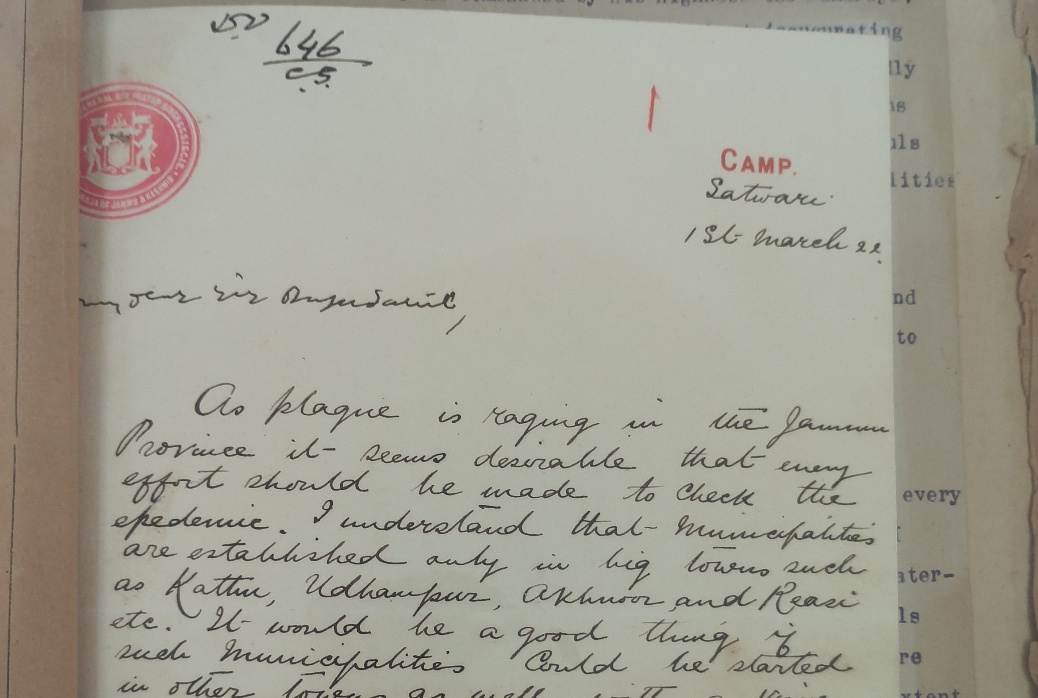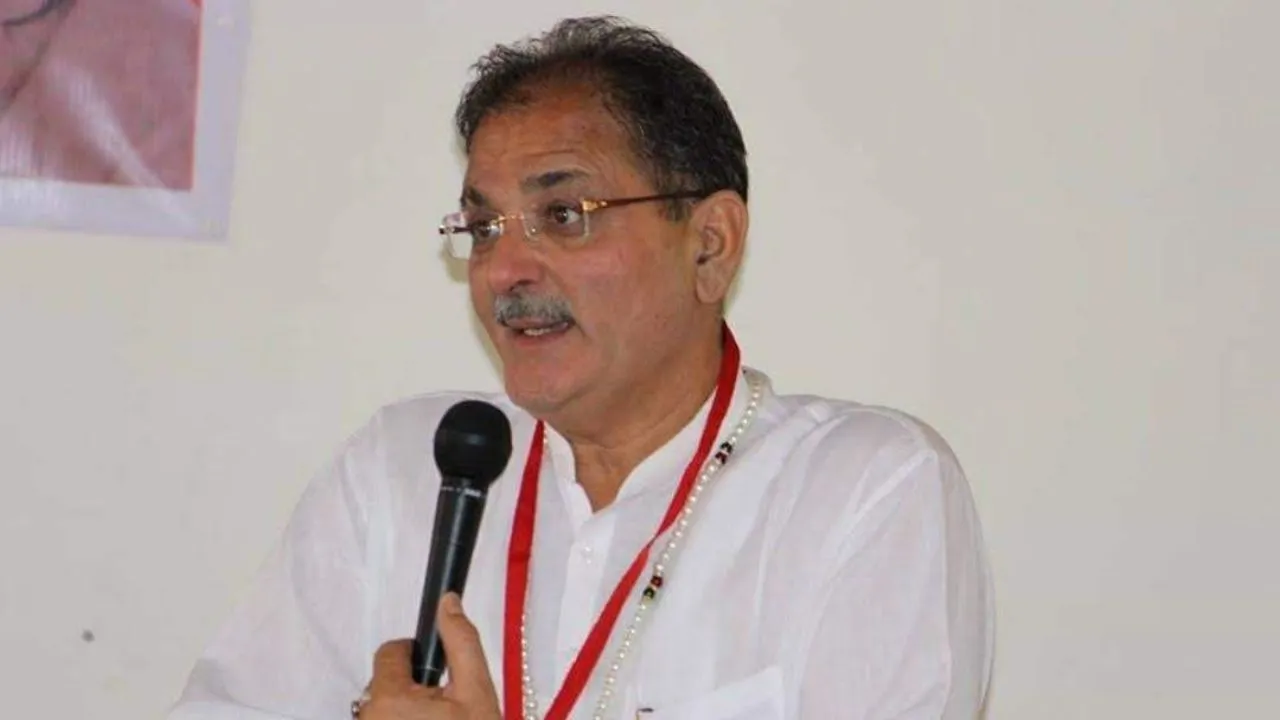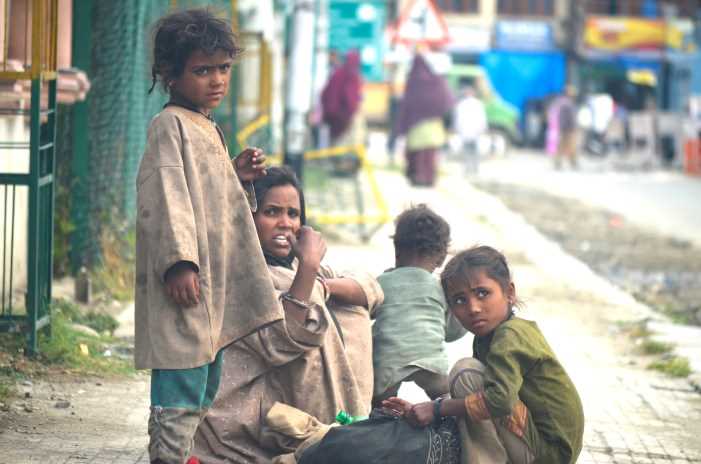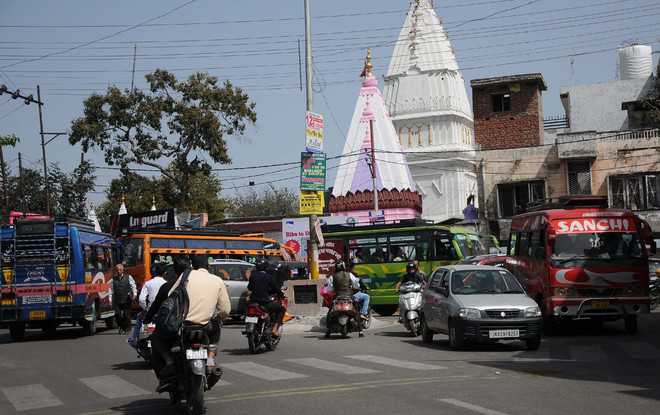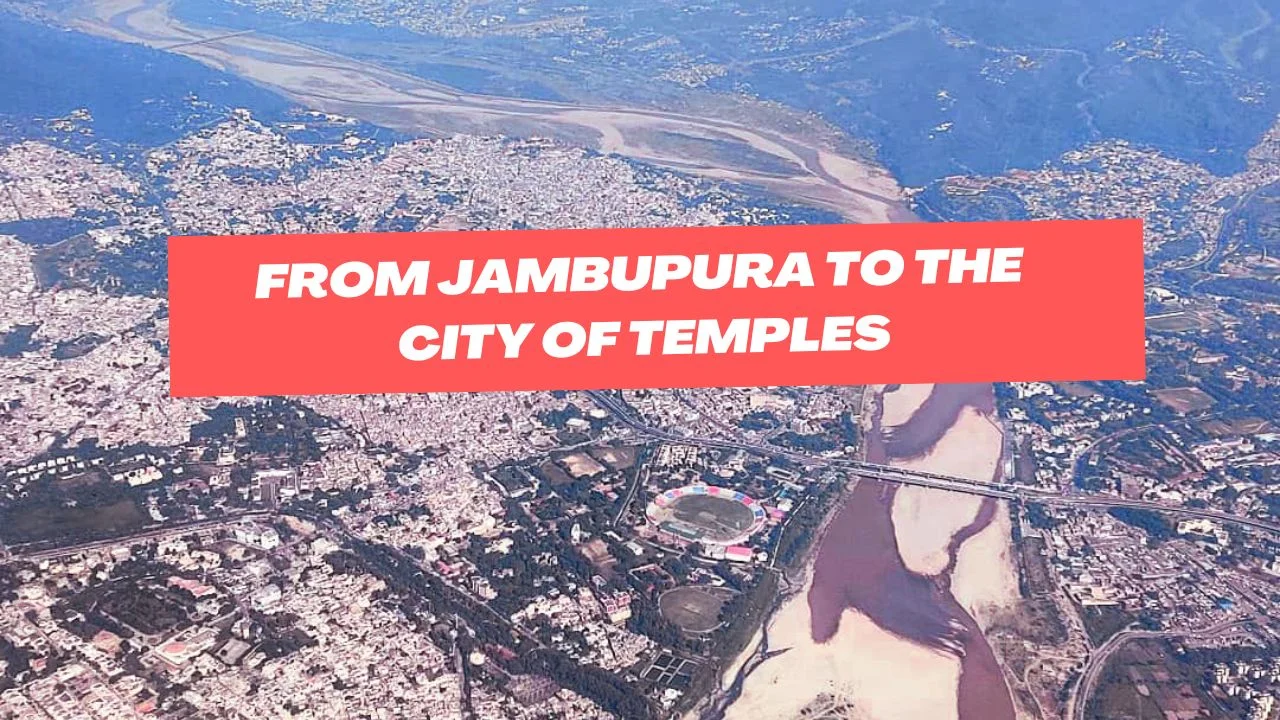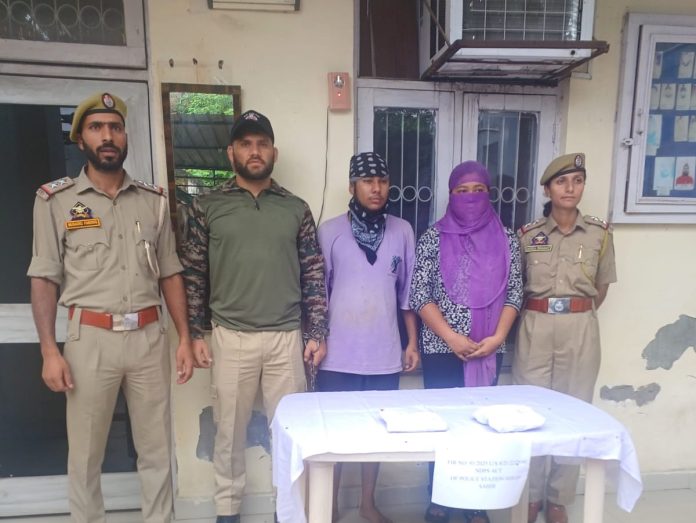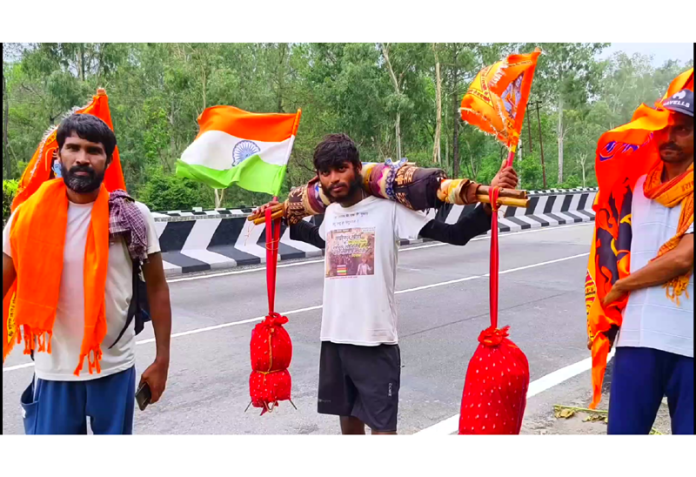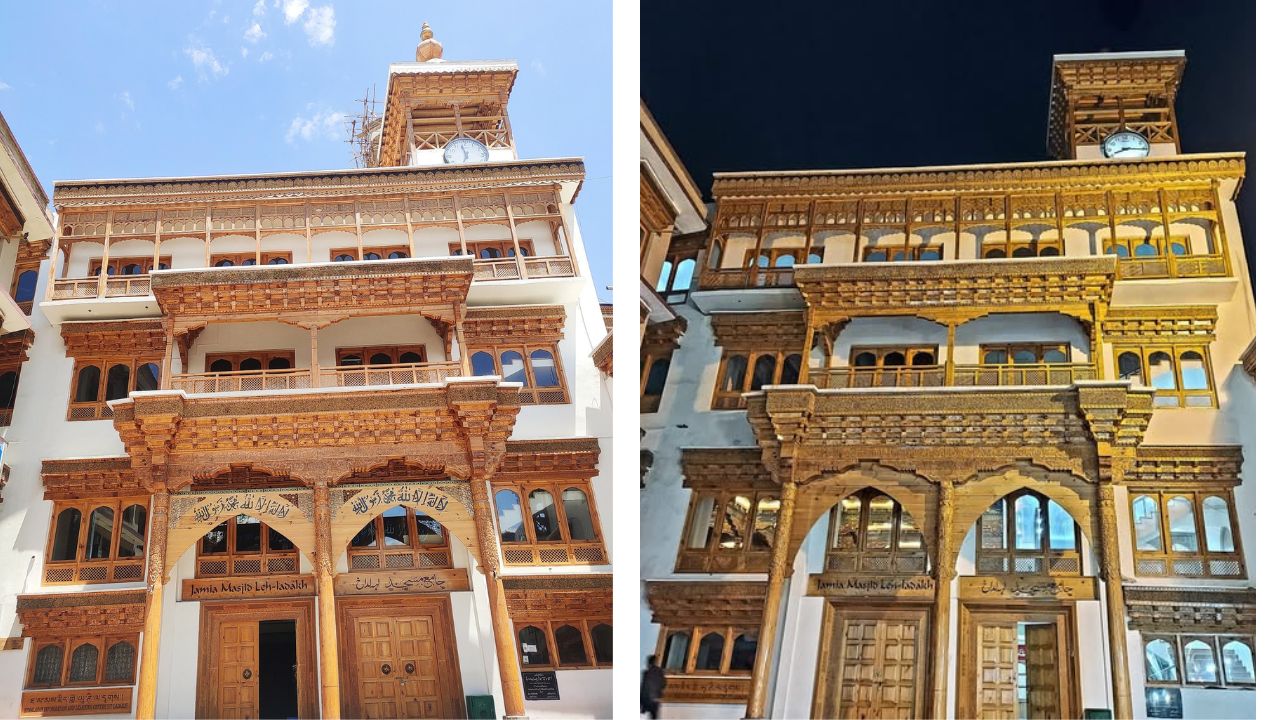The early 20th century was a transformative period for Jammu Province. The spread of deadly diseases, particularly the plague, created an urgent need for organized urban management. In response to this public health crisis, municipalities were established in major towns of Jammu Province around 1922 AD. This move marked a significant step towards modern sanitation and urban governance in the region.
Read also: Top 10 Must-Visit Heritage Sites in Jammu & Kashmir for World Heritage Day
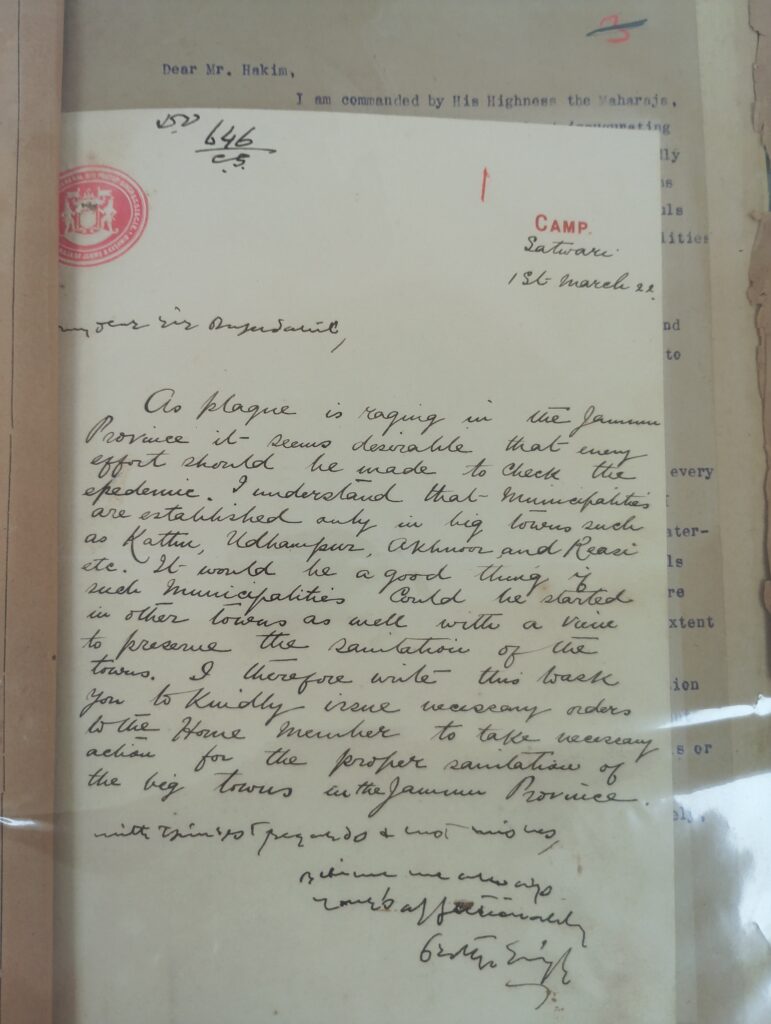
Plague Outbreak: The Catalyst for Municipal Reforms
From above Historical document it is clear that year 1922 had witnessed a severe outbreak of the plague across Jammu Division. The health emergency exposed the poor sanitary conditions in many towns, sparking fear among residents and authorities alike. With rising concerns about public health, the administration recognized the immediate need for structured town management systems.
Thus, the idea of forming municipal bodies in Jammu Province gained momentum. These municipalities were tasked primarily with maintaining cleanliness, preventing disease, and improving the overall hygiene standards of urban settlements.
Establishment of Municipalities in Key Towns
To combat the health crisis effectively, municipalities were founded in major towns across the province. Notable among them were Kathua, Udhampur, Akhnoor & Reasi.
The birth of municipalities in Jammu Province was a direct response to a devastating health crisis. Driven by the urgent need to safeguard public health, the formation of municipal bodies in 1922 marked the beginning of organized urban management in the region.
Read also: The Kashmir Stag (Hangul): The Majestic State Animal of Jammu and Kashmir
By addressing critical issues like sanitation, water supply, and public health, these early municipalities laid the groundwork for the modern urban infrastructure we see today. Their establishment stands as a testament to proactive governance in the face of adversity—a legacy that continues to inspire future generations.

